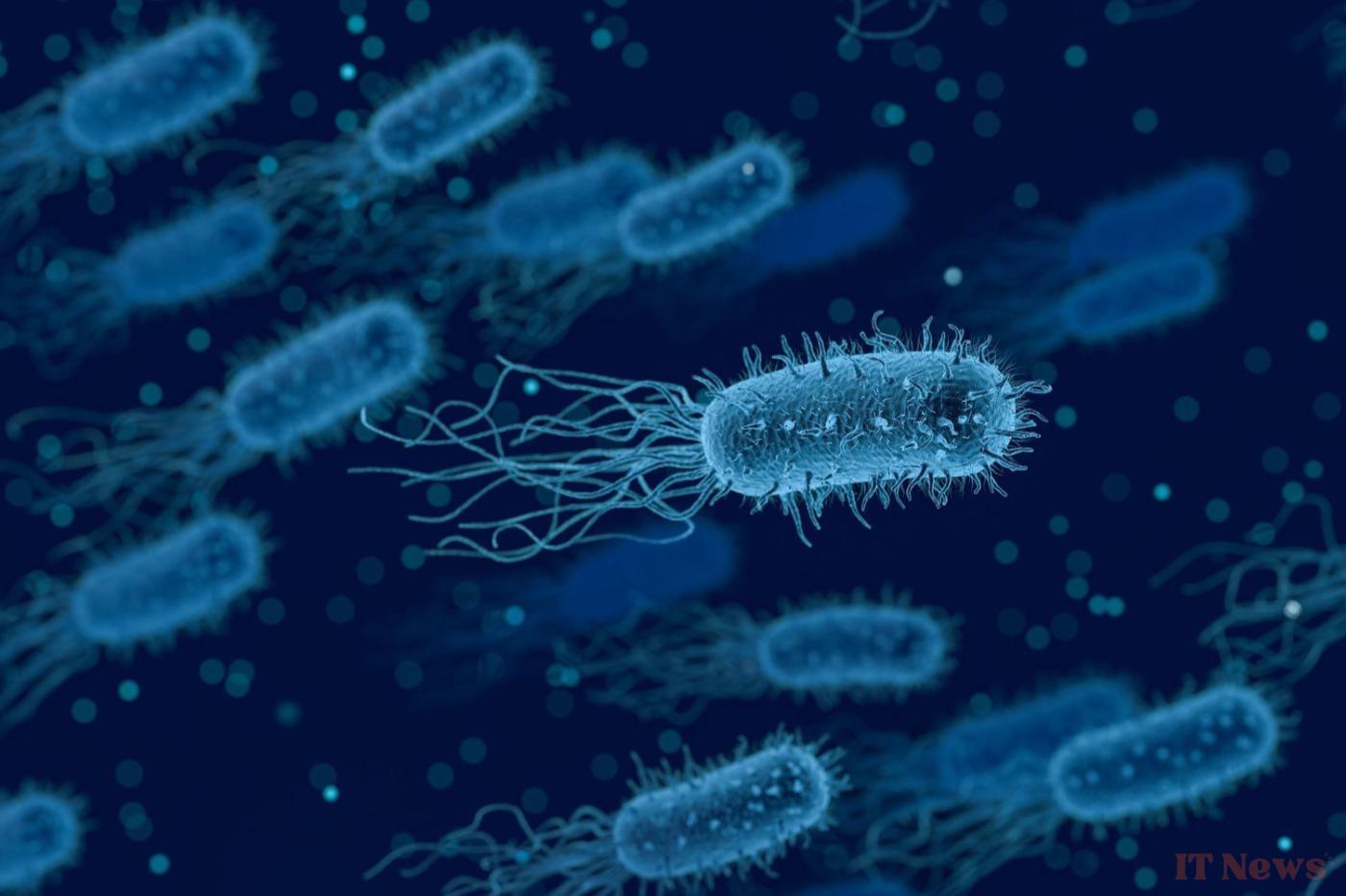Niallia tiangongensis – that's its scientific name – was discovered thanks to samples collected by swabs in May 2023 by Chinese astronauts. These samples, carefully frozen and shipped to Earth, were part of the CHAMP program, which studies microbes living in the closed environment of the space station.
A microorganism perfectly at home in weightlessness
This rod-shaped bacterium is not there by chance. It has frankly impressive adaptive abilities that allow it to thrive where most terrestrial organisms would last long. It can break down gelatin to feed itself when resources are scarce, form protective biofilms like a kind of invisible armor, and resist space radiation by activating its cellular repair systems. A true prodigy of space survival.
Family-wise, its closest terrestrial cousin is called Niallia circulans, but our space traveler has developed enough genetic differences to deserve its own biological passport. Bacteria of this genus are known for their robustness: they form ultra-resistant spores that can remain dormant for years while waiting for more favorable conditions.
But here's the mystery: did this bacterium evolve directly in space, or was it already present on Earth without us noticing? This question is not insignificant when we consider that scientists have listed several tens of thousands of bacterial species, while they estimate that there are billions on our planet.
This discovery, detailed in the Journal of Systematic and Evolutionary Microbiology, comes at the perfect time to prepare for future long-duration space missions. Understanding how microbes behave in the enclosed space of a station will help develop better cleaning and disinfection protocols.
One big question remains: does this space bacteria pose a danger to astronauts? It's hard to say for now, but its terrestrial cousin can cause septicemia in vulnerable people. This should motivate researchers to continue their investigations.
In the meantime, Niallia tiangongensis reminds everyone that space is still full of surprises, and that even in the most hostile environments, life always finds a way to adapt and thrive.



0 Comments